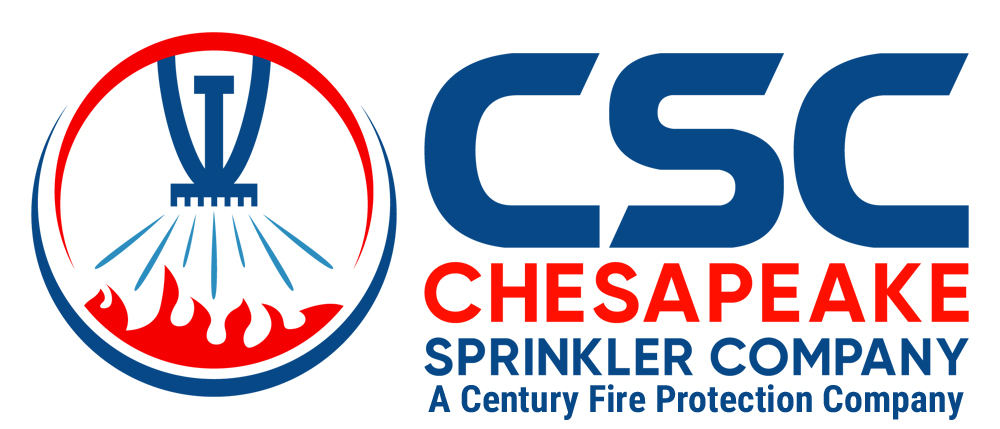What Happens if you Use the Wrong Class of Fire Extinguisher?
A portable fire extinguisher can help put out a small fire before it becomes too large to handle. When panic sets in, you might grab the first fire extinguisher you see. However, different fire extinguishers are suitable for different types of fires. Even using the wrong class of fire extinguishers can worsen a fire. Massive flashes and large flames might occur, resulting in burns or electrocution.
If electricity runs through the conductive water or foam, you could become hospitalized or lead to loss of life. You must use the appropriate one to avoid worsening the fire. Here are the consequences of using the wrong fire extinguisher.
A Note About Chemical Fires
It would be best never to use Type A, B, and C CO2 fire extinguishers on a chemical fire. These extinguishers are designed to fight fires that start because of flammable liquids such as oil, gasoline, and kerosene. Its contents could start a chemical reaction, generating explosions that could cause injuries or even the loss of life.
What to Know About Water-Based Fire Extinguishers
A water-based fire extinguisher used on electrical or oil fires can cause electric shocks or explosions, causing the oil to spread and worsening the situation. For this reason, it’s best to use the appropriate fire extinguisher. Also, only people knowledgeable about using fire extinguishers should use them.
What are the Four Classes of Fires?
The types of fires that can happen fall under four main categories, including:
- Class A: Used to extinguish fires caused by solid combustibles such as paper, wood, and plastic
- Class B: Used to put out fires caused by flammable liquids such as alcohol, ethel, oil, gasoline, and grease, which you can best extinguish by smothering
- Class C: Use to put out fires caused by electrical equipment, appliances, and wiring in which the use of a nonconductive extinguishing agent prevents injury from electrical shock. Refrain from using water
- Class D: Used to smother fires caused by flammable metallic substances such as sodium and potassium
What are the Types of Fire Extinguishers?
Once again, using the correct fire extinguisher type is vital to avoid injury or loss of life. Using a suitable fire extinguisher is also essential to prevent property damage. The types of fire extinguishers include:
- Type A: Pressurized water to put out Class A fires only
- Type ABC: Dry chemical fire extinguisher effective on all types of fires
- Type BC: Carbon dioxide fire extinguisher used for electrical or chemical fires only
- Type K: Used on kitchen grease fires only
It’s also vital to have your fire extinguishers expected. You never know when you’ll need them. Contact Chesapeake Sprinkler today if you want to ensure your building is safe in the case of a fire emergency.
Contact Chesapeake Sprinkler Company Today!
Chesapeake Sprinkler Company is a leading fire sprinkler contractor in the region, now a member of the Century Fire Protection family. As a full-service fire protection company, we offer design, fabrication, installation, testing, maintenance, and inspection of fire protection systems—everything you need from your fire suppression specialist.
For more information, please email or call our Odenton location at 410-674-7041, our Ashburn location at 703-729-5150, or for service/maintenance at 410-674-7577. For emergencies, call 800-298-3473 (FIRE). Feel free to keep in touch through Facebook, Twitter, or LinkedIn!
